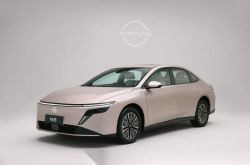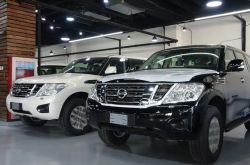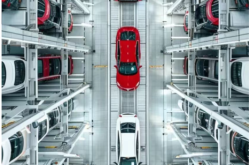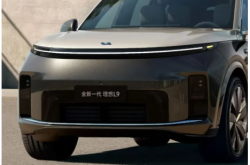The 'God of War and Dragon' in Auto Industry Leading China's Auto Breakthrough
![]() 08/12 2024
08/12 2024
![]() 641
641

Witnessing the Rise of China's Auto Industry with Works of Art by the Woodcutter
China's automotive breakthrough, surpassing traditional auto powers, has become a trend.
China has surpassed traditional auto powers in two tracks: new energy vehicles (NEVs) and traditional internal combustion engine vehicles (ICEVs).
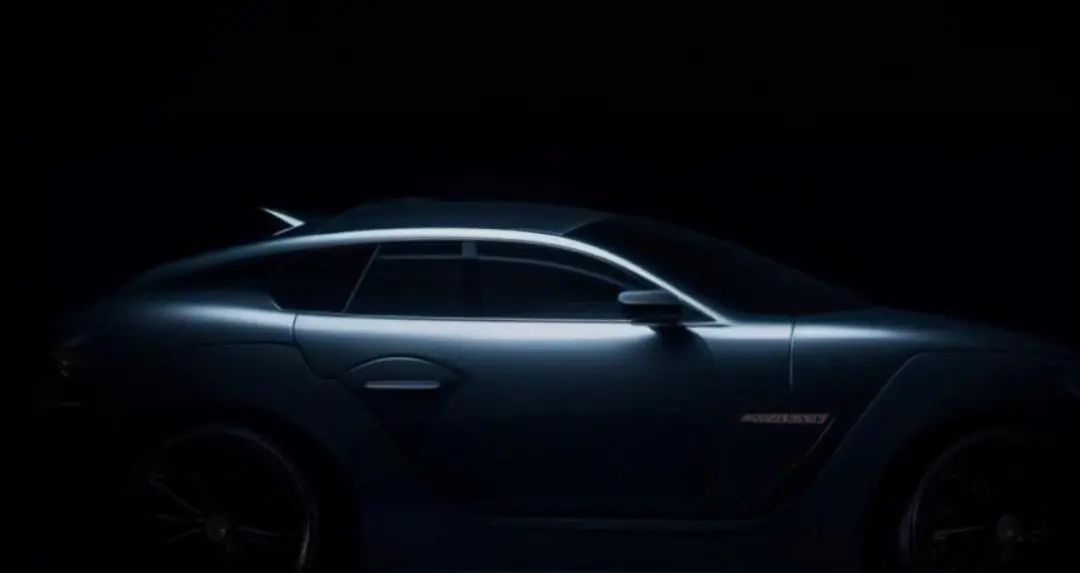
Among numerous Chinese automakers, there's a pair known as the 'God of War and Dragon,' representing China's automotive breakthrough.
1. NEV Track: BYD Unchallenged
Calling BYD a leader in the NEV track should be uncontroversial.
BYD is the most aggressive player in the NEV track, committing fully to it. It was the first Chinese automaker to announce and implement the cessation of traditional ICEV production, demonstrating its determination.
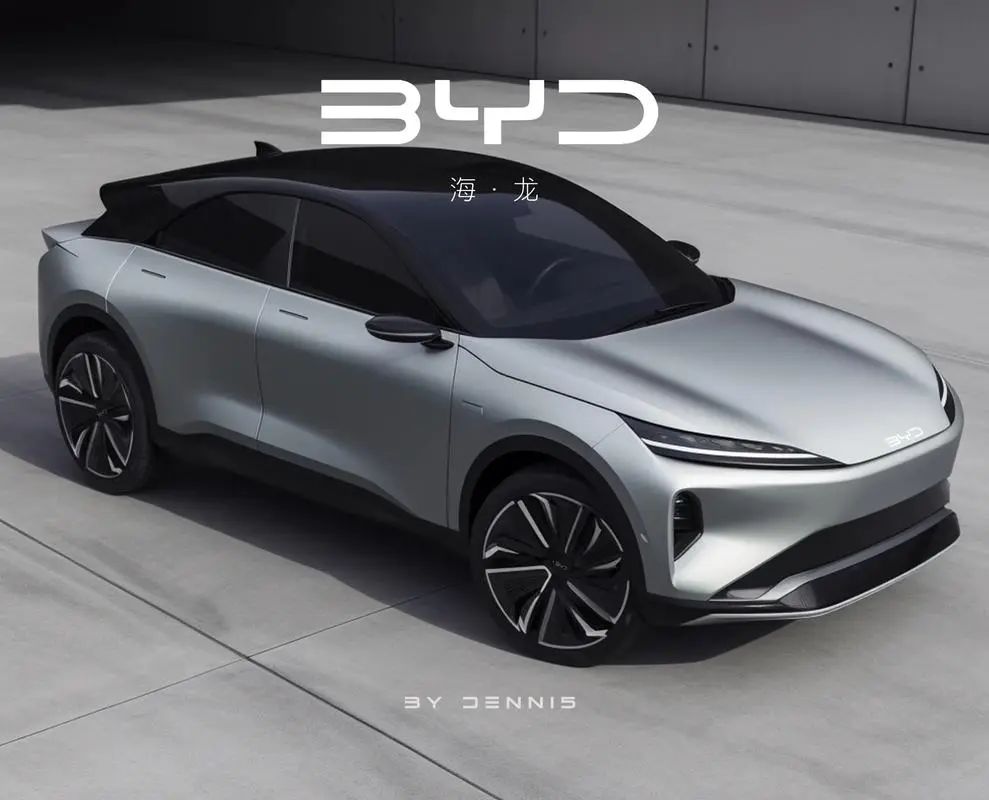
BYD's all-in strategy has paid off. For three consecutive months, its sales have exceeded 300,000 units. By July this year, BYD sold 1.9556 million vehicles, up 28.83% year-on-year from 1.5177 million in the same period last year.
BYD's sales surge has driven overall growth in China's auto market. As of July, cumulative retail sales of passenger vehicles in China reached 11.556 million, up 2.3% year-on-year. In July, sales of conventional ICEVs were 840,000, down 26% year-on-year and 7% month-on-month. From January to July, sales of conventional ICEVs were 6.57 million, down 15% year-on-year.
You could say that NEVs, represented by BYD, are propelling growth in China's passenger vehicle market, or that NEVs are defeating and capturing market share from traditional ICEVs.
Regardless of the narrative, one conclusion is clear: China's NEVs are winning against traditional ICEVs.
This victory is supported by data. In July, the retail penetration rate of NEVs in China was 51.1%, meaning 51.1 out of every 100 vehicles sold were NEVs.
If NEVs' lane-changing overtaking is considered a 'low-tech' or 'evasive' strategy, Chery's breakthroughs in core ICEV components can be seen as a breakthrough against traditional auto powers in the traditional track.
2. Chery's International Success
You may not know that Chery is currently China's largest auto exporter.
If you find sales figures insufficient, consider Chery's hard-core accomplishments: its engines and transmissions, the core components of traditional ICEVs, are supplied to many premium foreign brands.
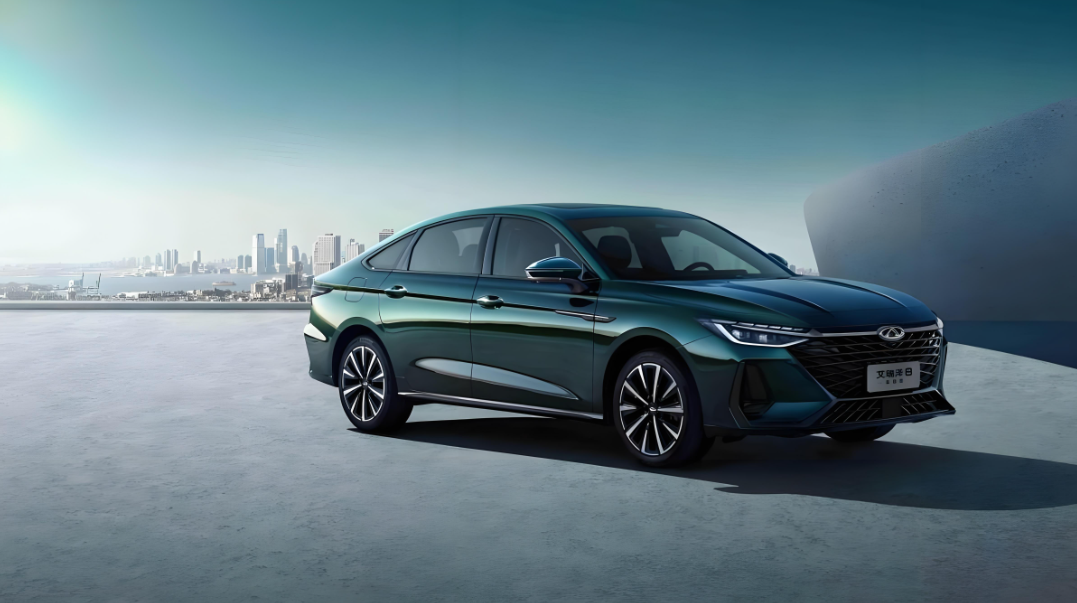
Chery's international clients include Kawasaki Heavy Industries, Hyundai, Ford, and Fiat.
Some even joke that Chery is an engine manufacturer that makes cars on the side.
According to the latest information, Chery's 1.6T engine ranks first globally, demonstrating its performance and technological excellence.
In terms of thermal efficiency, Chery recently announced an engine with a thermal efficiency of 48% (not yet mass-produced), leading the industry.
Chery's 8AT transmission also performs exceptionally well.
Chery's conquest of core components refutes those who claim China pursues NEVs because it cannot surpass foreign tech in ICEVs. Additionally, Geely's engines are used in some Mercedes-Benz models, also reversing the flow of technology to traditional auto powers.
Why do many Chinese still believe that China's traditional auto technology lags behind foreign countries, despite the strength of Chery and Geely?
Part of the answer lies in ingrained perceptions. Moreover, Chery and Geely's advancements are technological, not in brand value.
3. Converging Paths to Fortune 500
BYD and Chery, representing different tracks in China's auto industry, have achieved remarkable success this year, both entering the Fortune 500 list. This affirms their accomplishments.
Further progress is expected, but time is needed.
Some argue that China's auto industry is large but not strong, citing Toyota's global sales leadership and higher profits than many domestic automakers. This perspective is narrow.
The decline of foreign brands like Toyota and Volkswagen takes time; so does the rise of Chinese automakers like BYD and Chery.
Give Toyota time to decline and BYD time to rise. The trend will not change.
We believe this will not take long.
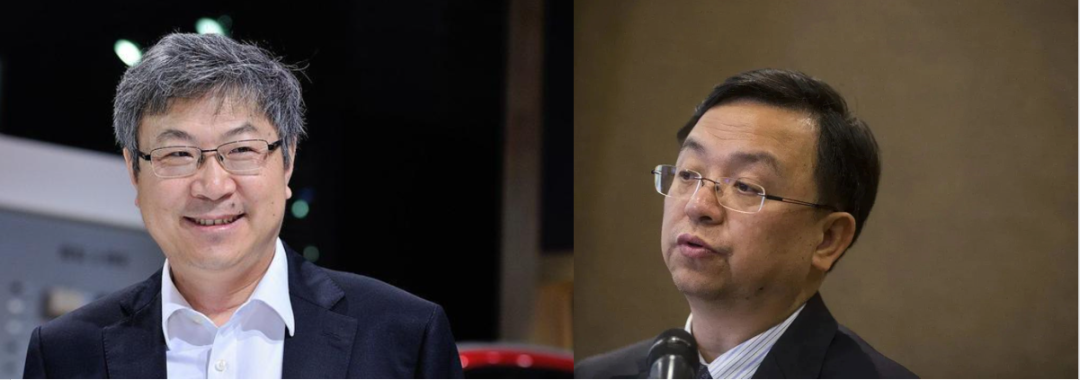
It's important to note that the rise of Chinese automakers like BYD and Chery will not be flawless.
Some automakers have been exposed for labor issues, such as exploitation, unpaid overtime, and reduced benefits. These automakers must address these imperfections and correct their mistakes.
China's auto rise is a rise of its entire automotive supply chain. Automakers must share their success and benefits with their employees.
Employees in the supply chain have the right to share in this rise's benefits. We hope China's auto rise does not alter the industry's welfare ecosystem. If changes occur, let them be positive, not negative.



